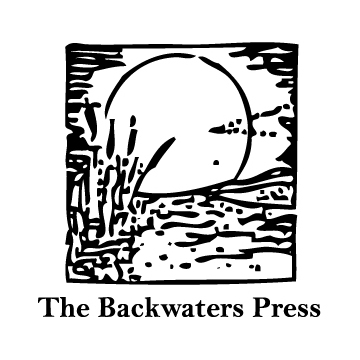Happy April and National Poetry Month! This week, I conclude my series of interviews with Houston writers speaking about their experience during the COVID-19 pandemic, each answering the question:
What have you been doing since the pandemic started?
This week features Rose Mary Salum, founding editor of the bilingual literary magazine Literal: Latin American Voices and Literal Publishing. Salum is the author of The Water That Rocks the Silence, translated from the Spanish by C. M. Mayo, winner of the International Latino Book Award and the prestigious Panamerican Award Carlos Montemayor; Tres semillas de granada: Ensayos desde el inframundo (Vaso Roto, 2020); Una de ellas (Dislocados, 2020); El agua que mece el silencio (Vaso Roto, 2015); Delta de las arenas, cuentos árabes, cuentos judíos (Literal Publishing, 2013), winner of the International Latino Book Award; and Spaces in Between (Literal Publishing, 2006).
Here is what she had to say:
“When the pandemic started last year—I guess this happened to all of us—I was in shock. At that time, I felt like something, or someone, was stealing a part of my life away from me. There are a few days, here and there, that I still have that sense of grief and loss. I remember one day though, just as I was touching bottom on my feelings regarding the lockdown, an idea came to me: I needed to make up for all the time lost in this pandemic by putting together a book. That would be the only way I could survive this time without losing my mind. The mere idea of waking up to a project that I set for myself made all the difference. That book is finished and, in spite of the fact that I still need to go through it and make sure all looks good, at least I can say that I kept my cool thanks to it.”
Lupe Mendez is the literary outreach coordinator for Poets & Writers in Houston. Contact him at Houston@pw.org or on Twitter, @houstonpworg.





